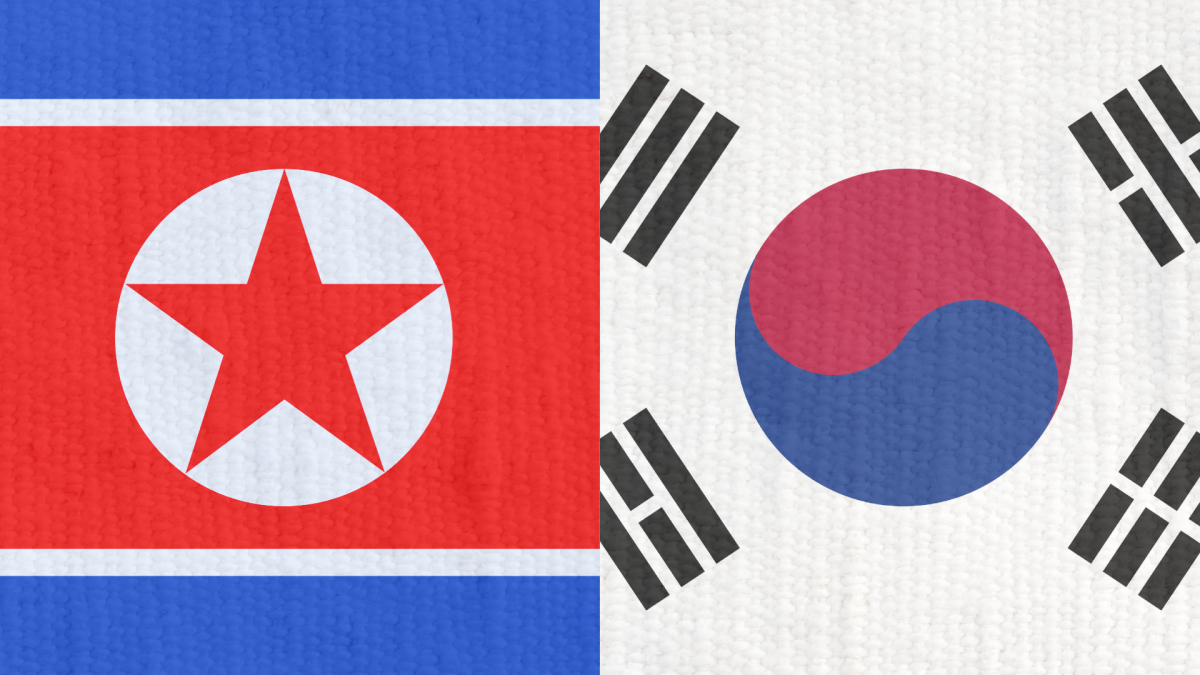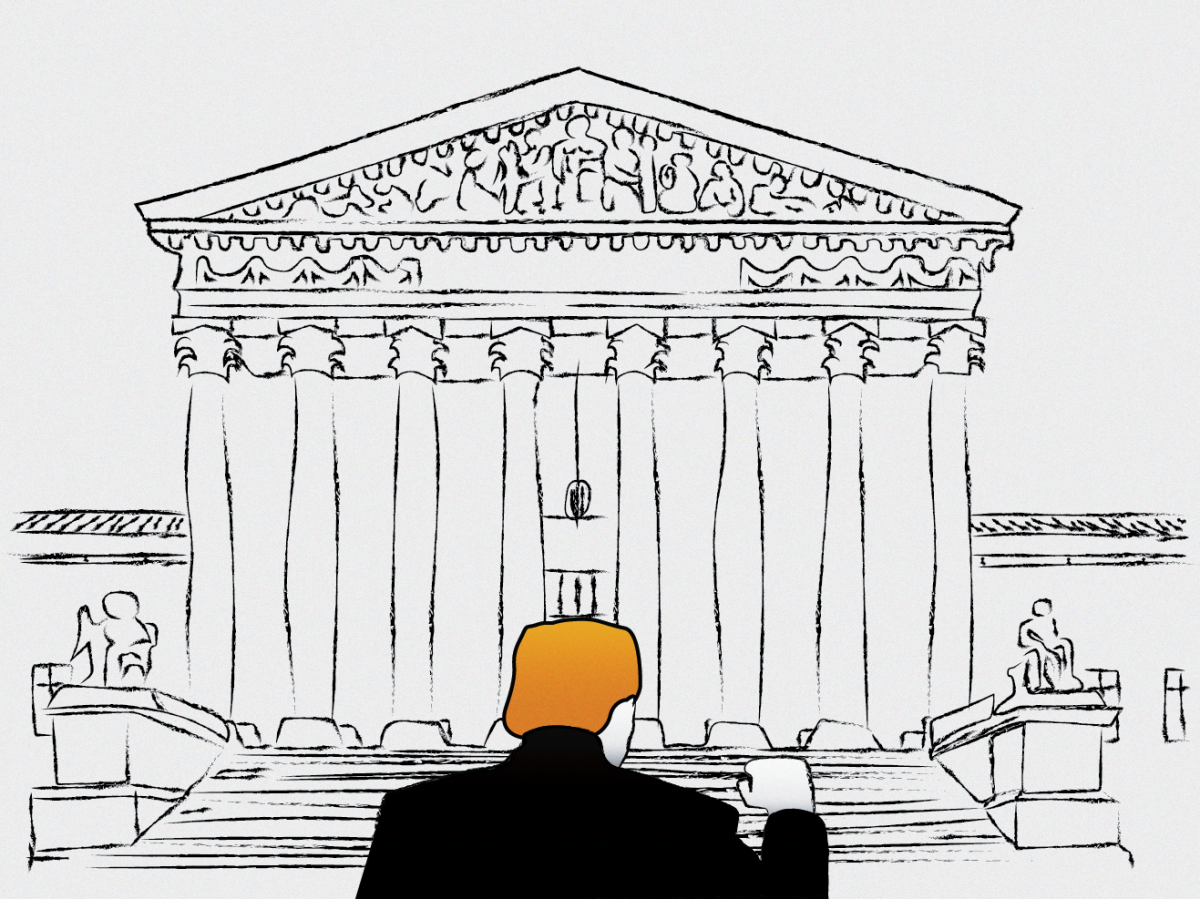Following recent missile tests and planned spy satellite launches, North Korean leader Kim Jong Un has stated that North Korea will no longer consider reconciliation with South Korea. As tensions mount, how will this conflict affect the North and South Korean people
“From the news, I’ve learned that North Korea is testing missiles, and it’s provoking other countries… That triggered the Japanese Navy, the Korean Navy, and the US Navy to do joint training exercises,” said Eugene Hwang (‘25).
Through a historical lens
This conflict is not new, as the Korean peninsula has been divided since the Korean War in 1950. However, Kim’s declaration means that North Korea will no longer view collaboration and unification with South Korea as a viable option.
“I believe that it is a mistake that we must no longer make to deal with the people who declare us as ‘the main enemy’ and seek only opportunities for ‘[our] regime collapse’ and ‘unification by absorption’ by collaborating for reconciliation and unification,” said Kim in an interview with North Korean news agency KCNA.
This is an important moment in Korean history, as leaders have been tentatively working for decades to reunify Korea into one nation. North Korea’s refusal to reconcile with South Korea is troubling for many, as it implies direct conflict may be on the horizon.
“There’s sort of a propaganda battle between South and North Korea because we cannot use weapons. If we trigger the weapons, that means there’s another war. So [instead, they broadcast] propaganda overnight and try to deliver the message that each side has better living conditions,” said South Korean army veteran Bryan Cha.
Looking deeper
While North and South Korea have not entered a direct conflict, both nations have built up considerable armed forces. However, maintaining such large militaries puts a significant strain on their economies and citizens.
“Unfortunately, [South Korea has] mandatory military service for the men. Considering the situation, it is required to protect the country,” said Cha.
South Korean taxpayers spent $33.9 billion in defense in 2023, and over one-third of North Korea’s GDP goes toward funding the military. In addition, many Korean citizens have concerns about being conscripted into the military.
“The DMZ had very harsh conditions, because we didn’t have any modern facilities. But, we had to perform all the monitoring and observation and some other military exercises there even though it got very cold during the winter,” said Cha.
South Korea requires 18-21 months of military service for all men, and many of these troops are sent to the DMZ (Demilitarized Zone). The DMZ is the 2.5 mile-wide border between North and South Korea. It is constantly patrolled by soldiers and military police.
“As a person who still has a South Korean citizenship, as of now, I still have to go to the military. I don’t really like the policy, and I believe that if the tension between the two countries decreases, then the policy will eventually get a lot weaker,” said Minsung Kim (‘25).
Regardless of military motivations, people everywhere are being severely impacted by the growing tensions. The conflict puts unnecessary strain on the economy, which further threatens the living conditions of North Korea and South Korean civilians alike.
“We had some pride, because we [were protecting] our country. But, sometimes, it’s a little bit sad because [North and South Korea] are the same country, but divided by different political ideologies,” said Cha.











